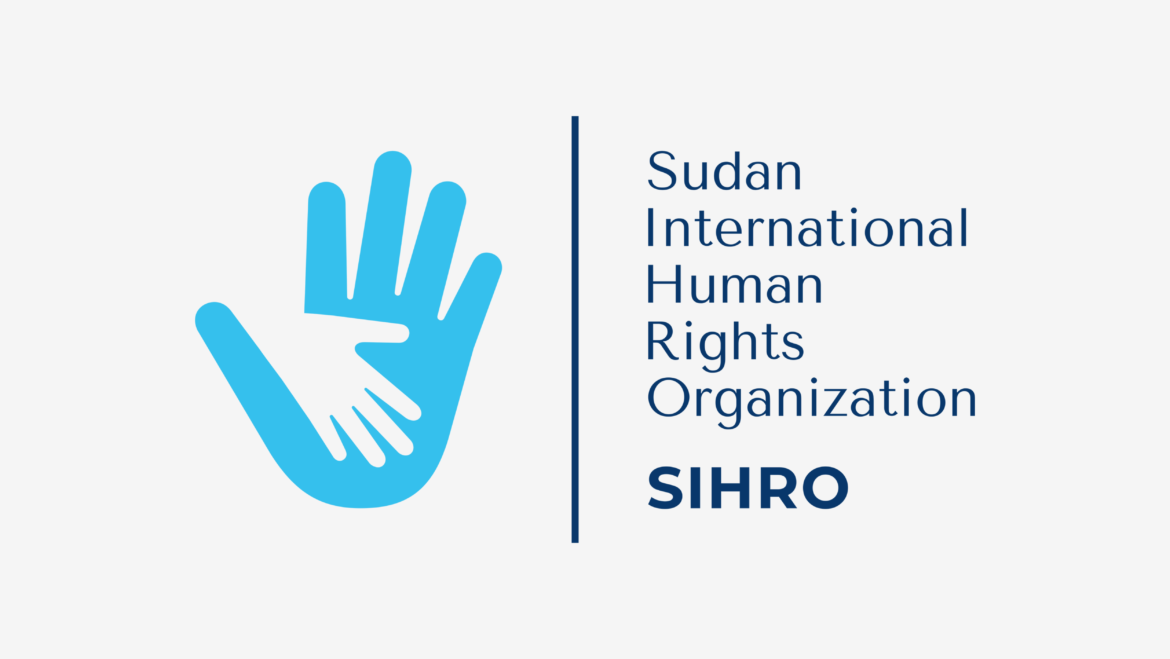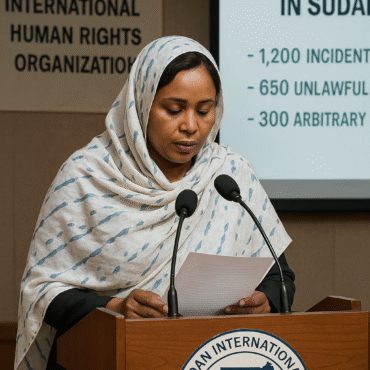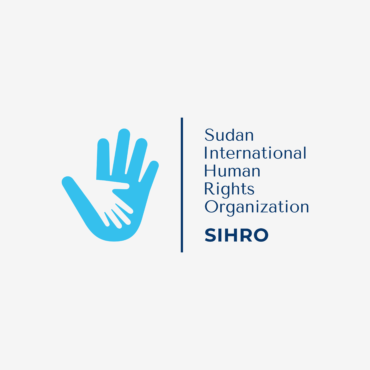Market Turmoil and Human Rights in Sudan: A Critical Evaluation of Economic Hardship and its Humanitarian Impact
An In-depth Analysis from the Sudan International Human Rights Organization on the Deteriorating Market Functionality and the Escalation of Human Rights Crises in Conflict-Affected Regions
Acknowledgments
This report is based on data and findings sourced from the “Joint Market Monitoring Initiative (JMMI)” conducted under the guidance of the Sudan Cash Working Group (CWG) and various other humanitarian partners, including the World Food Programme (WFP). The analysis herein benefits immensely from their rigorous data collection and profound insights.
Urgent Alert: A Disturbing Surge in Market Dysfunctionality Amidst Deepening Human Rights Crisis in Sudan
As Sudan grapples with escalating conflicts and an evolving humanitarian crisis, the Sudan International Human Rights Organization (SIHRO) presents an alarming analysis of the current market dynamics. This report encapsulates the challenges facing the Sudanese populace, particularly in conflict-ridden regions, through a human rights lens focused on accessibility, affordability, and the availability of essential commodities.
Introduction
In January 2024, SIHRO embarked on a comprehensive evaluation of market conditions in Sudan, reflecting the dire economic instability and its repercussions on fundamental human rights. Our analysis is based on a wide-reaching survey that spanned 21 localities and involved 345 key informants, aiming to thoroughly examine market functionality and the subsequent impact on human livelihoods.
Market Functionality and Human Rights Concerns
The assessment reveals a stark degradation in market functionality, with the most significant concerns observed in the Greater Darfur region and Aj Jazirah. Almost all markets scored below 50 out of 100 in the Market Functionality Score (MFS), indicating severe impairments due to ongoing hostilities, poor infrastructure, and significant population displacement.
Human Rights Implications:
- Accessibility: The physical and social accessibility to markets is critically low, exacerbating the struggle for survival among the displaced and conflict-affected communities.
- Availability and Affordability: The soaring prices and dwindling availability of basic necessities like food, water, and hygiene products have heightened populations’ vulnerability to human rights abuses, including malnutrition and health crises.
Economic Impact Analysis
The economic instability has led to a worrying escalation in the cost of the Minimum Expenditure Basket (MEB):
- The median cost of the MEB has surged by 18.33% since December 2023, starkly illustrating the economic pressures burdening Sudanese families.
- Notably, Greater Darfur and Aj Jazirah regions have reported the highest MEB costs, directly correlating with increased conflict and market dysfunctionality.
Human Rights Analysis:
- Financial Stress and Displacement: The financial burden imposed by inflated market prices is compounding the hardships faced by displaced families, pushing fundamental human rights further out of reach.
- Impact on Children and Vulnerable Groups: The economic downturn severely affects the most vulnerable populations, particularly children, the elderly, and people with disabilities, who are disproportionately impacted by food insecurity and health disparities.
Conclusion
The findings from January 2024 underscore a critical need for targeted humanitarian intervention to restore market functionality and address the human rights violations arising from economic destabilization. SIHRO advocates for urgent collaborative efforts among international human rights bodies, local authorities, and humanitarian organizations to mitigate the humanitarian crisis in Sudan.
This report serves as a call to action and a sober reminder of the profound human suffering behind market statistics. The resilience of the Sudanese people amid such adversity compels a committed and humane response to uphold their fundamental rights and dignity.




Add Comment